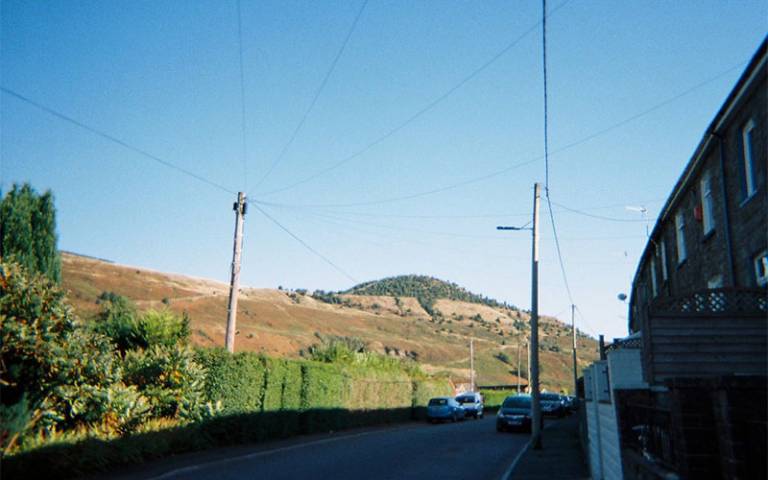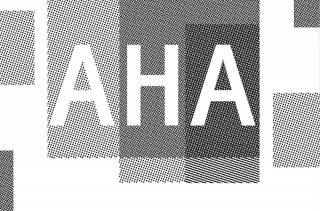Welsh Coal Tips: A Slippery Heritage
24 February 2023, 4:00 pm–5:30 pm

The Archaeology-Heritage-Art Research Network public programme will continue with a talk given by Ben Walkling (Swansea University) on 24 February.
This event is free.
Event Information
Open to
- All
Availability
- Yes
Cost
- Free
Organiser
-
Nastassja Simensky
Welsh Coal Tips: A Slippery Heritage
Using the simplest definition, Coal Tips are formed form the waste product produced during the mining of coal. Yet, what is hidden by such a simple definition?
This talk will explore some of the unique characteristics of South Wales’ Coal Tips and how they are viewed; from a risky feature with the potential to slip as demonstrated at Tylorstown in 2020 and tragically by the Aberfan Disaster of 1966; biodiversity hotspots; piles of waste; and sites of heritage to the mining industry. These piles of discarded waste are loaded with meaning that expands further than their humble content.
Ben Walkling is a PhD student in Human Geography at Swansea University. His PhD research explores the cultural and social perspectives of South Wales’ Coal Tips by using a mix of qualitative methods including an online survey, interviews, ethnographic field visits, and textual analysis. The working title of the PhD is “Welsh Coal Tips: Old Waste or New Risk?” and the research is funded by the Coleg Cymraeg Cenedlaethol. Ben is bilingual speaking both English and Welsh.
The talk is free and open to all, register for the event via the booking link above.

The Archaeology-Heritage-Art Research Network examines the varied ways in which archaeology, heritage and art converge across a broad range of concepts and practices, from artistic interventions in the museum space to archaeological interpretations which deploy and take inspiration from contemporary art.
The AHA 2022 PROGRAMME: INTERDISCIPLINARY METHODOLOGIES is supported with a grant from the Centre for Critical Heritage Studies.
 Close
Close

